Five Slices #22: AI learns to draw like Ghibli
Incentives control artists, 100 proverb painting, weapons are cool now, a poem I like
Welcome to Five Slices! If you’re new here, I share five stories and ideas from art, science, business, history, psychology, and culture, in every post. You can get it in your inbox by subscribing here:
The complete list of posts is here.
The internet is flooded with Studio Ghibli images
Studio Ghibli is a Japanese studio known for making iconic animated films for children, like My neighbor Totoro, Spirited Away, Ponyo, and Kiki’s delivery service. They have a distinctive visual style:
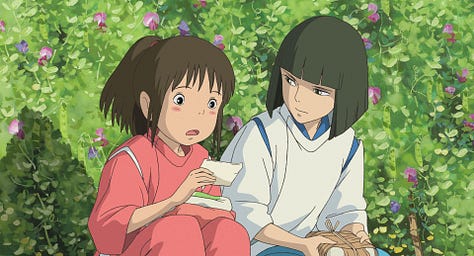

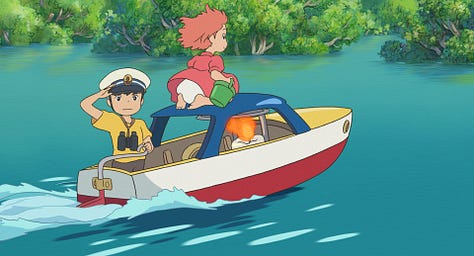
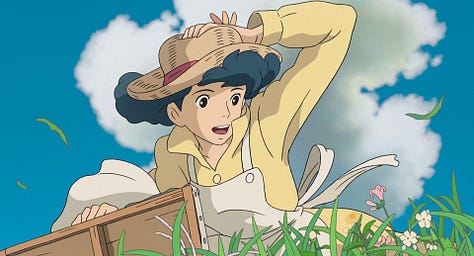
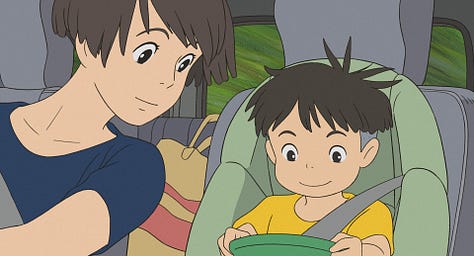
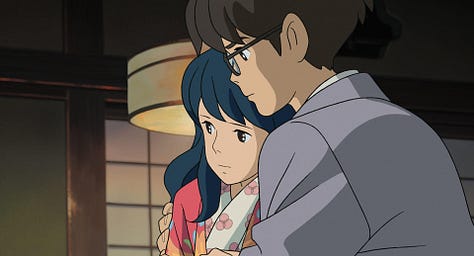
Sometime yesterday, some strange images started showing up in my social media feed. People on the internet were turning movie stills, personal photographs, and prompts into Studio Ghibli style images. They were using a new capability released by OpenAI – image generation – which OpenAI had advertised using a Studio Ghibli style image.
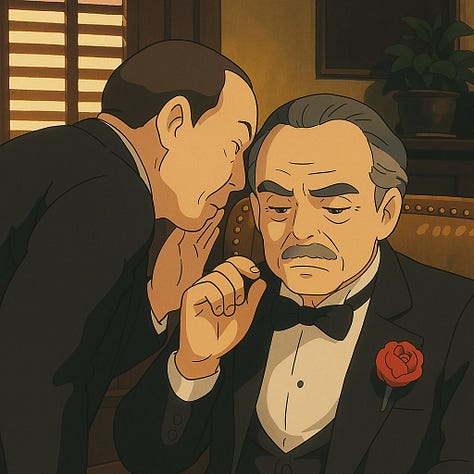
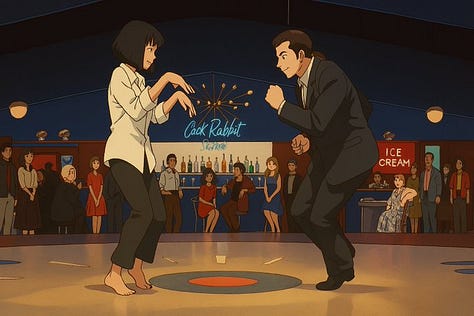


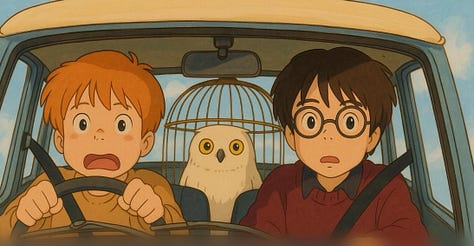
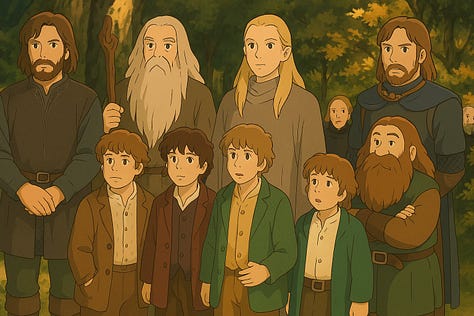
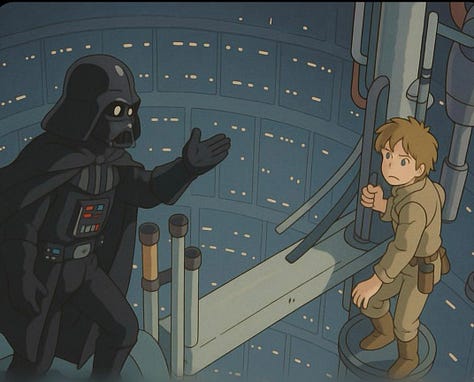
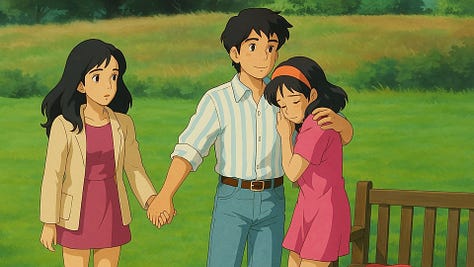
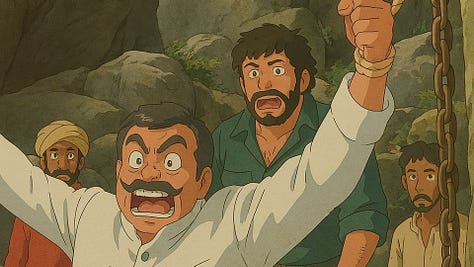
Soon, everyone was in on it. I won’t lie, I tried it out too. It felt exciting. This could be a tool that lets anyone draw pictures of any style with just a vision in their head. Comic books, animated movies, visual art – the possibilities are endless.
But it was also sad because Hayao Miyazaki, the man who founded Ghibli, is known to be strongly against AI. In a viral video from 2016, a few researchers show him a software for AI-generated animation, and he responds with this: “This is an insult to life itself. We are near the end of times. Humans are losing confidence in themselves.” Ironically, AI is now being used to create Ghibli versions of his frustrated portrait.


I was puzzled how this was possible: Wouldn’t Studio Ghibli sue OpenAI for violating copyright? It’s hard. It turns out that Japan is the only country which has openly allowed the use of copyrighted material for training AI. European countries are a little more restrictive, allowing it only for research purposes, and US law is still undecided.
After outrage from creators and consumers, OpenAI has suspended these features – for now. But it’ll be back. Once people have seen what’s possible, it’s only a matter of time before this becomes commonplace. I don’t know how I feel about this myself. Artists do have a say in who uses their creations and how. When it’s other people imitating their work, they at least have a chance of outpacing them. When you’re up against an AI, matching its output is way harder. This technology will itself become a tool for artists to create and experiment at a much faster pace. I just feel a bit iffy that this change is being forced on all artists, rather than it being adopted by choice.
The incentives that control artists
Last week, I wrote a post titled “How to get a promotion without doing the work.” I think it’s one of the sloppiest pieces of writing I’ve ever done. I wanted to write about power dynamics and the importance of advocating for yourself when it comes to office politics. But the language I used and the half-baked references I made to other articles made it seem like I was on a cynical rant against those in power. It wasn’t too harsh, but it wasn’t as useful as it could be. I felt brilliant while writing it and about 12 hours after hitting publish, I felt disgusted with myself. I had cut down the piece to half its original length to make it punchy and provocative.
There was another piece in the same post about a man who had pretended to be a woman and tricked a French diplomat into a relationship for twenty years. I found the story bizarre and intriguing – there were details in the story that suggested that this was possibly a relationship that didn’t conform to gender norms. But I played it off like a joke, for laughs. It was an insensitive thing to do.
One of the Internet’s best bloggers, Scott Alexander, wrote a post called “Why do I suck.” In that post, he explained the concept of tropisms: unconscious tendencies to grow towards a reward signal without your awareness.
What he means is that if you share your work in public, you’ll get a lot of subconscious feedback you aren’t even aware of. Friends will appreciate some articles more than others. Some joke will get more laughs. A nuanced article might be ignored (though people really enjoyed it and never told you). Somebody will tell you they love your writing. Ten people will unsubscribe without telling you the reason. All of this subtly messes with your mind, and you might start doing some things more than others without even realizing it. These “tropisms” are what actually control your habits. Unless you’re aware of them, they’re going to control what you do and you’ll forget why you started in the first place.
I have a tendency to be over-critical of myself and the last thing I want to do is to be paralyzed by a single mistake and stop writing altogether. But I owe it to myself and you to try to do a better job. I’ve made edits to last week’s post, and from now, I’ll give each piece the space it deserves.
One painting, a hundred proverbs
A picture is worth a thousand words, but this one takes it a bit literally. Pieter Bruegel the Elder created a painting with a lot of weird characters doing bizarre things. There’s somebody shearing a pig next to a sheep, and there’s a knight in armor tying a bell to a cat while grasping a knife with his teeth. A lady is tying up the devil, and a woman is crying over spilt porridge. The painting is packed with oddities.
But here’s the kicker: Every little thing in the picture represents a proverb. Some scenes even combine two or three proverbs at the same time. In total, the picture has more than 120 different proverbs. Wikipedia has a complete list of all the proverbs used here. It’s a lot of fun to spot each proverb, like a game of Where’s Waldo.
Weapons are becoming cool again
One of the running themes in Chip War by Chris Miller is how Silicon Valley and the Pentagon have a love-hate relationship that keeps changing. The Pentagon invested in Silicon Valley to get companies like Intel off the ground – but then when Intel became a self-sustaining giant, they hated the interference from the government. But when Japanese chip makers started stealing IP and competing with US companies, Silicon Valley wanted the government to curb them citing national security. The US won the Cold War mainly because of Silicon Valley’s precision weapons, which they demonstrated in the 1990 Gulf War. But things slowed down since then.
The US government has always wanted a technological edge in war. Their question is whether the investment is worth it. Right now, it looks like the answer is leaning again, towards “YES.”
wrote an article about how Stanford students now prefer to work in the defense industry rather than Google or Meta (It’s a great read). The gist is this:There’s a lot of Government money pouring into defense companies.
The tech problems in defense are more challenging and exciting to work on.
Many college students are seeing war as an inevitability that the US needs to prepare for and an existential risk, rather than a moral problem. “If war is going to happen anyway, hey, why should I stay out of it?”
Some find National Defense a more meaningful cause than consumer industry.
But when defense companies start growing more important, there’s also the concern that they’ll benefit from stoking war: If you sell bullets, you’re going to start a lot of gunfights. But morality is just one problem. People who’ve worked in defense and exited say that their conscience wasn’t hurt – it’s just that the glamor of the job doesn’t live up to the hype. Contracts take a lot of time to get signed off on, everything needs to be approved by multiple departments, and the wait can be frustrating. Either way, with AI and advanced tech, the future of war could look very different.
A poem I like
Since the other pieces this week were a bit heavy, I’m ending with a poem that gives me a bit of comfort.
“Wild Geese” by Mary Oliver:
You do not have to be good.
You do not have to walk on your knees
for a hundred miles through the desert repenting.
You only have to let the soft animal of your body
love what it loves.
Tell me about despair, yours, and I will tell you mine.
Meanwhile the world goes on.
Meanwhile the sun and the clear pebbles of the rain
are moving across the landscapes,
over the prairies and the deep trees,
the mountains and the rivers.
Meanwhile the wild geese, high in the clean blue air,
are heading home again.
Whoever you are, no matter how lonely,
the world offers itself to your imagination,
calls to you like the wild geese, harsh and exciting—
over and over announcing your place
in the family of things.
Here’s Helena Bonham Carter reading it out.
Thanks for reading! If you enjoyed that, please like and share it with a friend who might enjoy this.
You can check out the list of posts here for another one to read.


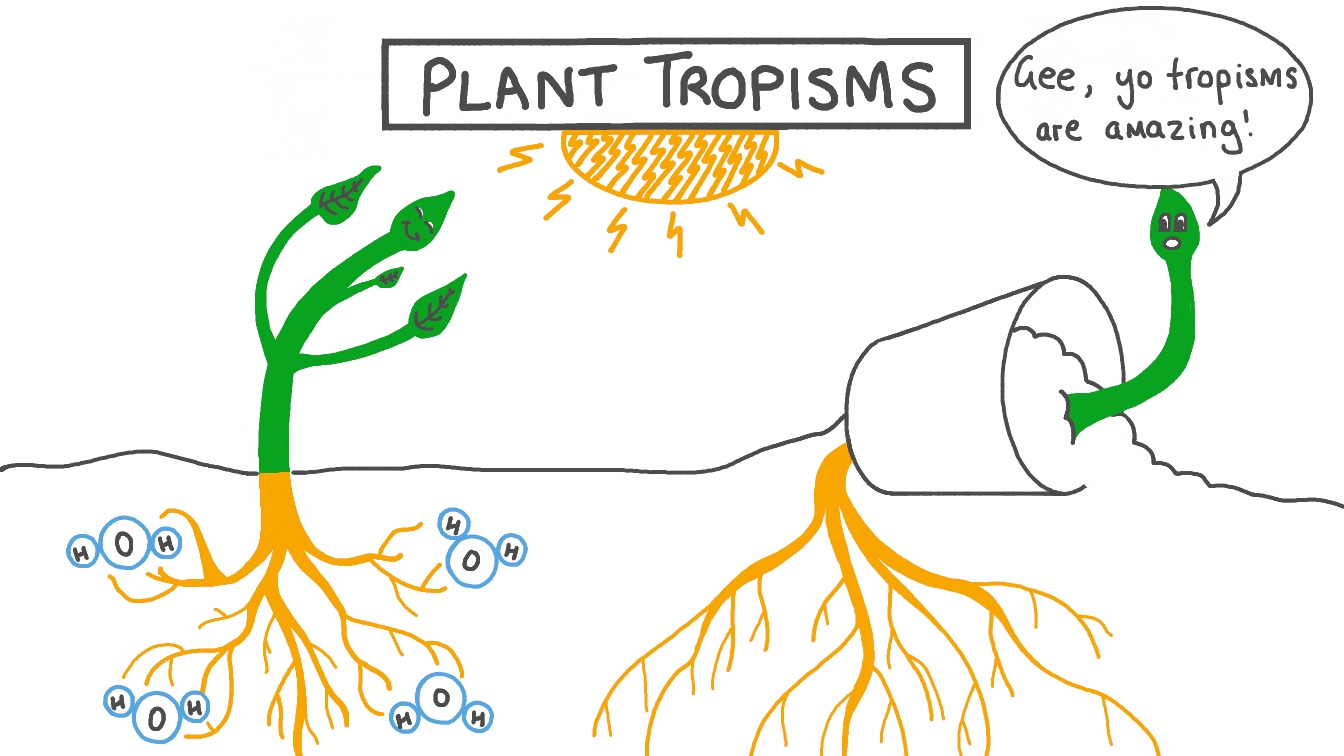
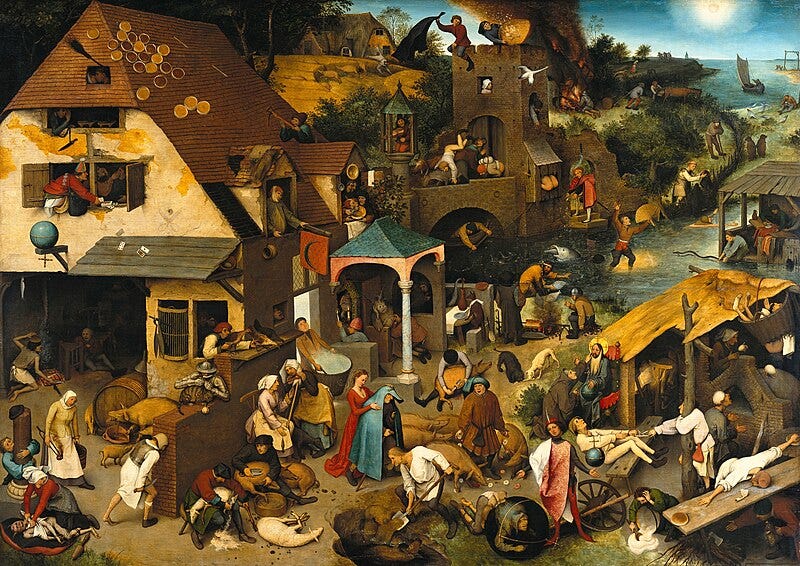
Loved these slices!
This is so brave and thoughtful! Am gushing